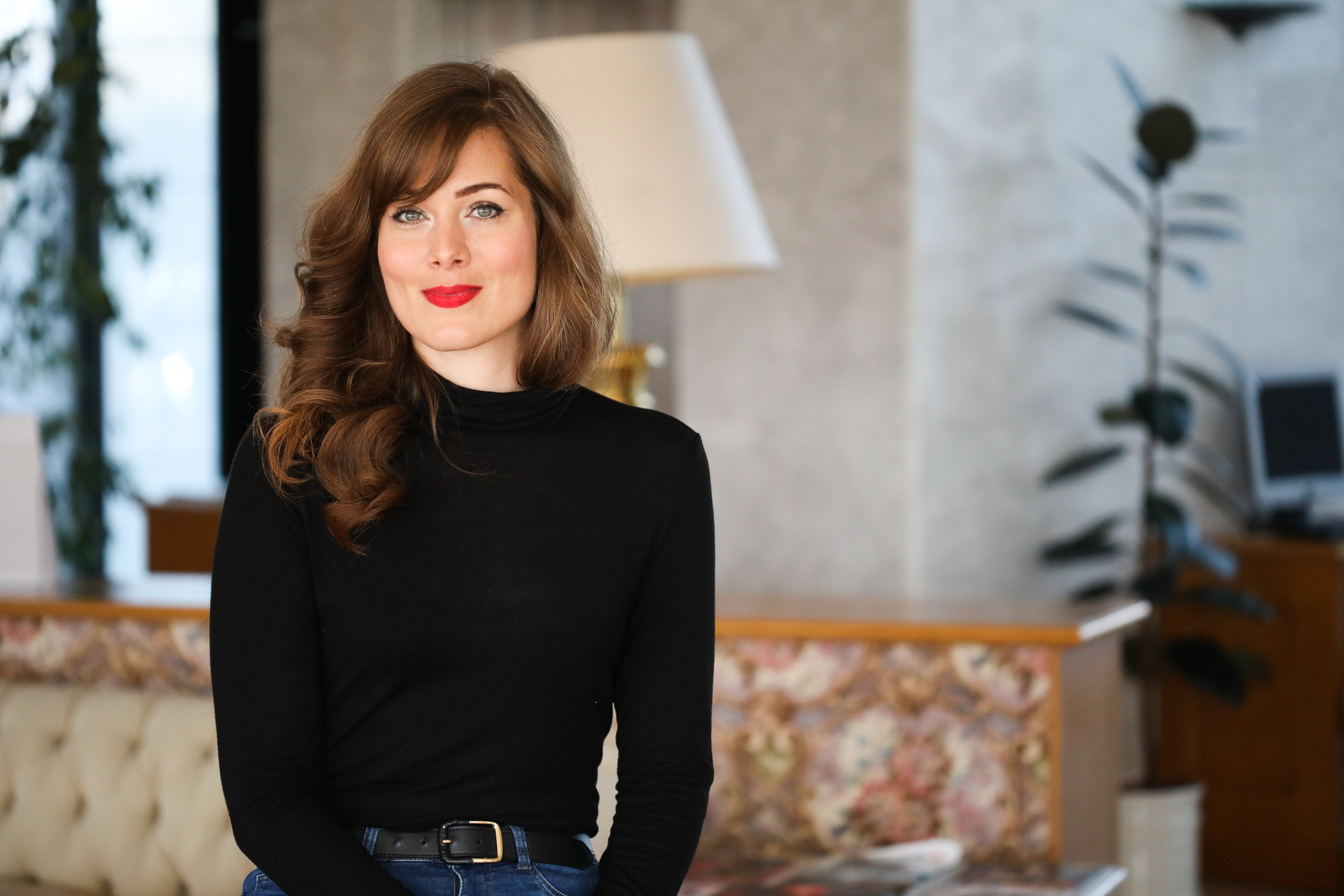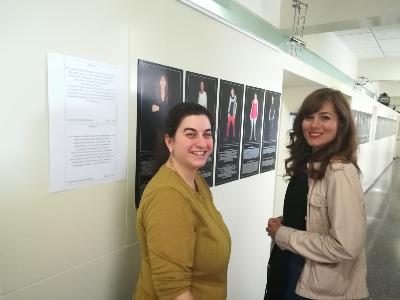Collective residencies / QLGBTI+ / Olot
TANJA DITTFELD
From Monday, 17 February 2020 to Friday, 28 February 2020

Bio
Tanja is a Danish feminist with a strong interest in glocal social structures, inequalities and social (in)justice, particularly in relation to gender and sexuality. As a PhD candidate with the School of Education and Social Work at the University of Sydney, Tanja’s research explores the broader conflicts over social change, political (state) power, and global hierarchies in which the (de)criminalisation of LGBT+ peoples in Africa are embedded. Tanja simultaneously teaches units on poverty, social exclusion, ageing and mental health to bachelor and master students.
Prior to her PhD, Tanja worked with sex workers, people living with and affected by HIV/AIDS, people with disabilities, and LGBT+ persons in civil society organisations in Denmark, Thailand, Uganda and Zambia. Most recently, Tanja worked as a project manager for the AIDS-Foundation in Denmark, running three national projects. She is also a Humanity in Action Senior Fellow and former Board Member.
Project
The methodological bedrock of my PhD research is decolonisation. In short, this entails rewriting and rerighting the coloniality of knowledge. Decolonising research thus demands that research practices are reflexively consequential, ethical, critical, respectful, and humble, which in turn renders collective ownership, data analysis and presentation between research participants and researcher crucial. During my stay at Faber, I will therefore be working on how to translate these ideological and epistemological demands of decolonisation into praxis in my upcoming fieldwork.
I furthermore consider the residency a very welcome opportunity to connect with and debate different aspects of LGBT+ scholarship, activism, and lived experiences.
Queer(y)ing a residency
On a hill overlooking Olot, a charming town nestled in the Baixa Garrotxa region of Catalonia with no less than four volcanoes scattered around its centre, is Hotel Riu Fluvià, the physical frame of the Faber apartment and therefore the Faber residency. Upon arrival, the fatigue I felt from my 30+ hours trip from Australia quickly subsided and was instead replaced by sheer joy and a slight disbelief at the prospect of spending nearly two weeks in these picturesque natural surroundings while working on the decolonising methodology for my upcoming fieldwork in Uganda. This being my first residency, the whole concept of a residency was somewhat obscure to me. In an attempt at expectation management, I had nevertheless prepared myself for a relatively isolated experience, anticipating the main interaction with the other residents to be around the three courses dinner generously served us every night at 8pm. I was, fortunately, wrong.
When I arrived, approximately halfway into the residency period, the first ‘batch’ of residents had or were about to leave, leaving the new residents and I to establish our own routines and dynamics. While the dedication to our respective projects was clear – some preferring the solitude of our rooms overlooking the Garrotxa National Park, some the hotel’s lounge or terrace and others the quaint cafes in Olot –, we still prioritised time to present and solicit feedback on our work, go out for dinners, drinks and performances. Faber not only provided the ideal conditions for co-generative dialogue and in-depth work on our projects, but also valuable interactions with the immediate and wider community. For my part, I met with three scholars from the University of Girona in Girona where we, over lunch, discussed three LGBT+ projects in Europe that they were working on as well as my experiences of working with LGBT+ health and rights in Denmark and Uganda.
The intercultural composition of my residency cohort and diversity of approaches to queer lives, identities and politics personally and professionally came as a welcome surprise to me. My group consisted of a Brazilian writer of queer/feminist children’s books with a passion and talent for getting to the heart of people’s stories, a Catalonian writer with vast knowledge of the Catalonian struggle for independence, a London-based writer from the Philippines with the novel idea of queer(y)ing the relationship between Jackie O and Grace Kelly, a Syrian/Swedish writer of Muslim gay men in Sweden with a contagious laughter, an American academic based in the Netherlands tracing the genealogy of the Dutch response to Anita Bryant’s “Save the Children” in 1977 with a quietly expressed sharp wit, and a Canadian HIV prevention worker creating a graphic novel with the rare gift of making everything in everyday life seem novel and bright. This brief vignette does not do justice to the work nor people present during my residency. It does however serve to give a glimpse into the richness of perspectives and personalities that can become part of a thematic residency at Faber.

